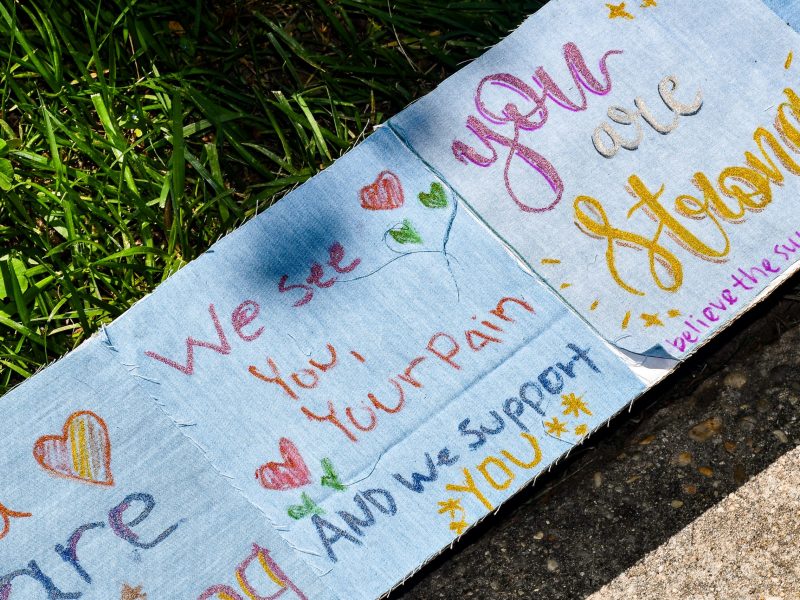At the University of Maryland Senate’s second open forum for its diversity task force, one student called the group a “Band-Aid” for campus racial tension.
Nicole Cummings, a graduate student in the public health school, said that before 2nd Lt. Richard Collins’ death, there were signs that racism and racial tension on the campus was a problem.
“Are we going to wait until more people are harmed and more people don’t feel safe?” she asked.
Collins, a black Bowie State University student, was killed near a campus bus stop in May. Sean Urbanski, a white former student of this university, has been indicted in the murder. Whether Collins’ killing was a hate crime is under investigation. In the year before his death, a noose was discovered in a fraternity house, anti-immigrant chalkings were found outside Stamp Student Union and several white nationalist posters were found on the campus. Earlier this month, a swastika was found in the plant sciences building.
Thursday’s event in the Nyumburu Cultural Center saw about 40 attendees — a dip in attendance from the first forum. There were only a handful of students among the atendees.
Katherine Russell, the behavioral and social sciences college’s associate dean, said the lack of student participation at the forum could be due to their distrust in task forces and administration to implement change.
[Read more: UMD community members sound off at first diversity task force open forum]
“If a lot of students … aren’t showing up, it’s in part because they have lost confidence in our ability to affect change in traditional committee formats and structures,” she said.
Alicia Ward, a graduate student in the public health school, said she was especially concerned with the way this university handles racial tension and what the task force plans to do in response to the tensions on campus.
“It’s wonderful that this task force was created, but when you look around, where are the younger students? Or the people of color to speak on how they feel,” Ward said.
Task force co-chair Lucy Dalglish asked Ward and Cummings for three things they want to see happen.
Ward said she would want training for resident assistants regarding how to better handle racial complaints. Students should be able to speak with RAs about these issues confidentially, Cummings added, and the group should work to increase participation among younger students at similar forums.
Other topics discussed at the forum included cultural competency training for faculty and the establishment of more gender-inclusive bathrooms, which is currently being reviewed by the Senate’s Equity, Diversity and Inclusion Committee.
[Read more: Loh announces diversity task force chairs, new initiatives to “stand for our values”]
Outside a forum at Stamp Student Union on Sunday where panelists denounced anti-immigrant discrimination, a group of about five protesters gathered. Spanish major Riley Lynn Nairn said they were among counter-protesters.
“It was a small crowd [in] size, but there were six police officers there for their safety, and I was at the counter protest across the street and there were no police officers there if someone were to attack me to help me,” Nairn said. “It was just discomforting that there are police there to protect white supremacists but not at the counter-protest.”
“I find [the white supremacists] absolutely repulsive,” said Dalglish, the journalism school dean. “This is going to be the most difficult part of the charge to wrestle with because there are many students and faculty who are going to want us to just ban the people from campus, and we are not going to be able to do that.”
The task force plans to conduct similar forums throughout the year and plans to meet with student organizations to create a set of recommendations to send to the University Senate and President Loh for approval. The task force expects to release its report in April.



